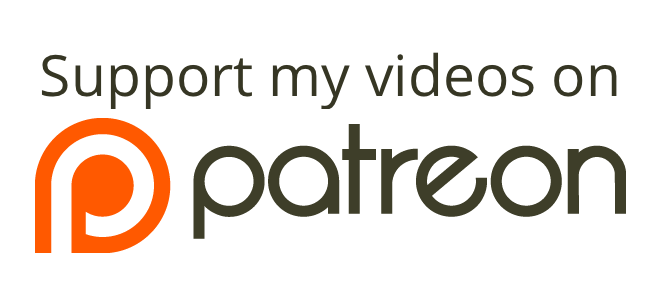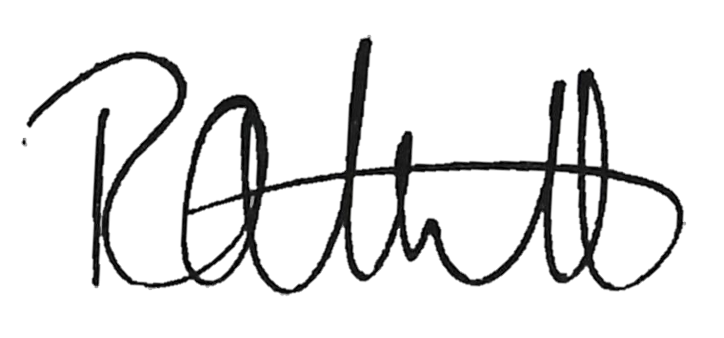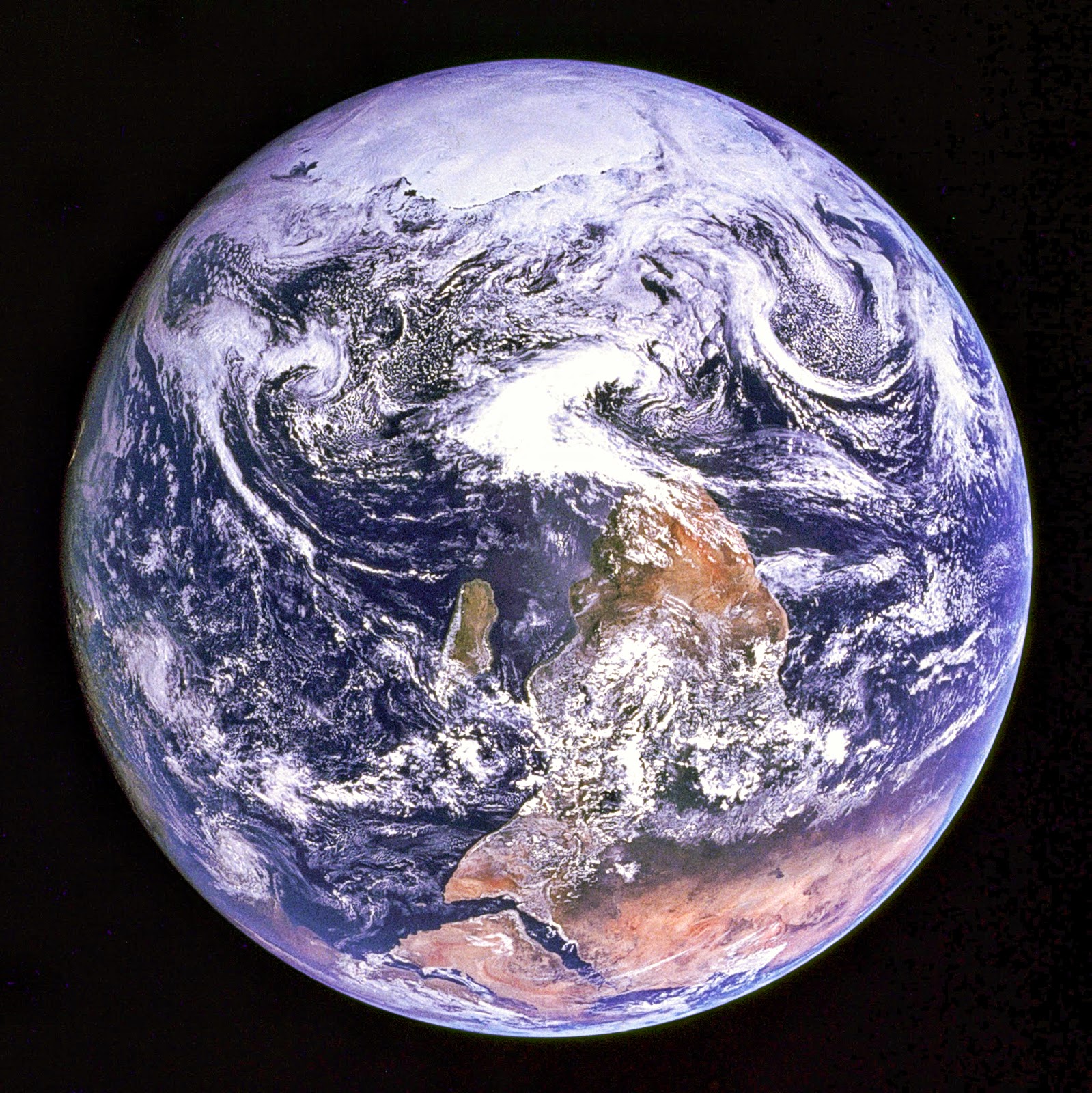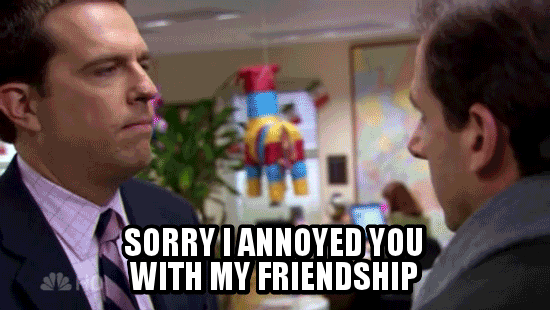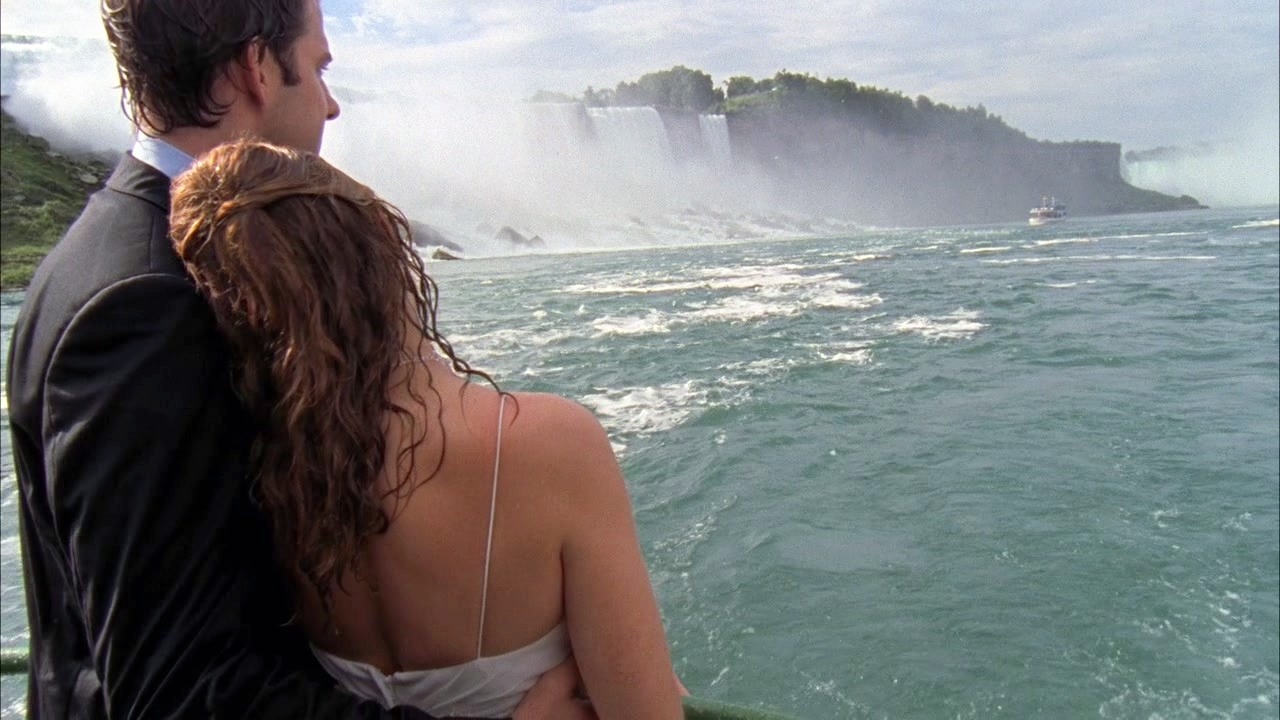In my time as an unemployed human, I have learned a lot about myself. I have likes and dislikes, just as everyone does. For example, I know that I like being employed, and I don’t like looking for a job. At the start of the summer, I didn’t realize that I liked being employed as much as I did. Having a reason to be up and out of bed is a very satisfying feeling. As it stands right now, most days if I didn’t get up, nobody would even notice for most of the day. While this sounds like a dream for most, having it go on for more than a few weeks is actually quite demoralizing. Having a task, or several, to accomplish over a series of days, weeks, or months is wonderfully fulfilling. Generally speaking, I could very easily come up with a long list of things that could occupy my time for years on end and would be incredibly rewarding, but given the nature of our modern society, this just isn’t realistic. I would run out of money within a month or two, given that I am already massively in debt.
Speaking of debt, another thing I have learned about myself, and perhaps about the nature of modern society itself, is that indoctrination into our scholastic system is certainly one of the most important steps in a young or medium person’s life. From a very young age, one most of us certainly cannot recollect, we are put into groups of like-aged and like-parented small people with babysitters who have been trained to imprint upon us a certain manner of absorbing knowledge and vast quantities of information no single person could ever be expected to recall past adolescence (if you don’t believe me, watch Are You Smarter Than A 5th Grader). It is also expected that during this time we interact with these like-aged individuals, for no other reason than that it will serve us well later in life to be able to converse reasonably with people we have never met (though some people you meet throughout the day will make you strongly doubt that they are capable of reason, or intelligence). Teachers, especially those who decide to mould these young minds, are incredibly important to our continued development as a species. Certainly it is ideal that parents can work during the day, and that their children aren’t simply left to roam the streets, which was certainly the origin of schools. More importantly though, teachers are expected to be able to teach their pupils the things that their parents learned in school, but either don’t have time to pass along to them, or don’t remember well enough to be able to pass on.
From a very young age, I was told that I had a lot of potential. Parents, teachers, principals, many older people I met would impart this idea of potential on to me. I still don’t really know why they said that to me, because it gave me a false sense that everything would be alright, and that if I didn’t close any metaphorical doors in my life, I would be able to do whatever I wanted and everything would work out just fine. Truth be told, I still actually believe this is true, if I wanted the status quo, I could have it and be very successful. The jobs I aspire to, doctor, astronaut, nuclear scientist, these are all absolutely goals I am capable of achieving if I apply myself to the task and get a little bit lucky. However, for them to become reality, combined with the way I spent the last 6 years of my life, would take tens of thousands of dollars and probably at least half a decade. This is time and money I simply don’t have, already being in debt and 24 years old.
The problem, and the main reason I am way past those dreams, starts at the age of 18. I had unlimited potential, and I had (still have) a instinctual curiosity for science. The idea trying to be smarter than somebody else in a competitive sense did not appeal to me in the slightest, and so I had no desire to apply to medical or law school at that time, even though practising in either of those fields would have been incredible. In a hopefully humble-sounding way, I like to think that I have a higher-than-average capacity for absorbing and processing information and external stimuli. Given that, with my love of science and reason, taking chemistry at a post-secondary level seemed like a really great idea. Everybody I had ever spoken to, other than chemistry teachers, absolutely detested chemistry, or at the very least enjoyed the subject matter but found that they were terrible at performing experiments or grasping the associated concepts. This would be a prestigious choice of degree which would have very little competition, where I would be free to learn without external pressure and where average or slightly above average grades would allow me to sail through the program. After all, my entire scholastic career had been about learning, and being perfect had never really appealed to me if I understood the material. This is a phrase I have repeated ad nauseum, almost as an excuse, to anybody who suggested that the discrepancy between my grades, and the grades I was expected to have based on my apparent intelligence, was of concern to me.
The truth is, as I considered this summer applying to medical school for next year, I really think I could be a doctor, or astronaut, or lawyer. Given the requisite training in these professions, I am sure I could cure, or space, or law, wonderfully. But this just isn’t the case in our modern society. There is a very well-defined path for absolutely everyone who wants to be more than anything. By that, I mean that anybody who is able bodied could be a garbageman, or dishwasher, or cashier. These things are not difficult, but as we have all certainly seen at one point or another, it is possible to be terrible, or to excel at any of those jobs. Growing up, I saw people who were good at things, and people who were absolutely hopeless. From this, I surmised that if I was able to work hard for 6 years at something that most everyone considered extremely difficult, that anyone capable of basic factual analysis would see that I was capable of doing, or at least learning to do, most anything.
I thought I had figured out the way the world works, and that if I was able to earn a Masters in Chemistry, that it would qualify me for any job that was considered to be less intellectually rigorous than that. The logic of that statement still resonates with me to this day, and I still ultimately believe it to be accurate. Very little of what I did over the course of the 4 year undergraduate degree or one year of masters required any specific skills that I feel nobody else is capable of given similar instruction. Some intellectual constructs and theoretical concepts, as well as a lot of the mathematics associated with those topics, is beyond the reach of most ordinary people, but those people are more than likely completely fine with that. Additionally, there are also many concepts and associated mathematics which are well beyond my mental grasp, though I know people who frolic through those fields of expressions and equations like a meadow of daffodils.
The basic idea of this notion is that once I have learned all that is known thus far (and a little more) about the NMR of halogens, and prepared a 133 page document summarizing that knowledge, I should be able to walk into a meeting with someone, show them what I am capable of learning to do, and immediately begin learning to do what they need of me. In exchange, they would make an allowance available to me consisting of enough money to pay off my loans in some haste, and to acquire a modest house, car and the like in a matter of years. I am confident that if given that opportunity, I could pleasantly surprise someone with my capacity for learning.
However, what I have found of society is quite a bit different. After completing the above document showing that I am capable of learning about *murmur murmur blurb*, I am qualified to continue to do that exact thing in other buildings, or possibly to manage the facility that exact thing happens in, or even to teach that exact thing, and what I learned to be able to learn that thing, but not in an official professorial capacity, which would require 3 more years (at least) of doing that exact thing.
I never really wanted the body of my life’s work to consist of a continuation of the work of the person who took a risk on me and allowed me to learn in a space he had worked very hard to claim at a university to have students work for him, advancing a field which he and many others have a strong interest in. I am not saying that to take away from him, or from anyone in the lab, because post-secondary academia is a very proud, important profession that I wouldn’t want to take away from anybody. It just isn’t where I want to spend my time.
While I was learning all about halogen NMR, I was completely enthralled by it. But there comes a point when there is nothing more any subject matter can do for you, and this happened to me midway through my graduate studies. The same thing happened when I was working in retail electronics at Canada Computers. I was mesmerized and blown away by the world of consumer and business electronics and computing, and soaked up information about it like a sponge. Being immersed in anything you don’t fully comprehend but long to know holds a certain fascination for me. But, after about 6 months, at which point I started to see patterns in the consumer world and in electronics, the entire store which had held so much pleasure for me while I was learning about it was suddenly completely flat and predictable, and I got bored faster than a tree at a saw mill, or Timon at a Pumbaa convention, or a lake at an ice fishing convention (these are going downhill fast). While I never completely lost my interest in chemistry (or even NMR specifically), academia doesn’t appeal to me as a place to spend the rest of my life. Similarly, while I will still follow the capacity and speed doubling of RAM, CPU speeds and cores, and flash memory, now that I know it is inevitable, it does not pique my acute interest in the way it once did. Even entering chemistry in my teens, it was always my dream to work in a lab, researching interesting and new practical applications of cutting-edge technology, to put it to use in a meaningful and productive way in the world.
The truth is, though, as I am coming to realize, is that this is just not possible for me specifically, without some help, and perhaps some luck. I need to get in front of people with enough clout to actually make that happen, and show them what I am capable of, given the opportunity and resources. If I can show someone with the ability to make those kinds of things happen what I can do, I’m sure I can surprise even myself with what I can achieve.
In the end, I want what we all eventually want, to meet someone, or a group of people, that can be counted on to notice that we are awake and out of bed, and to share my life (space and time, which is really all we have) with them in the pursuit of contentedness. And to have a meaningful, positive impact on the world. Happiness is just a nice bonus.
To summarize, I have learned a great deal about a wealth of different subjects in my time on this Earth, and I am itching to apply that, and give a little back to the world that gave me so much. But first I have to get past the sad misconception that I only know what I learned in graduate school.








